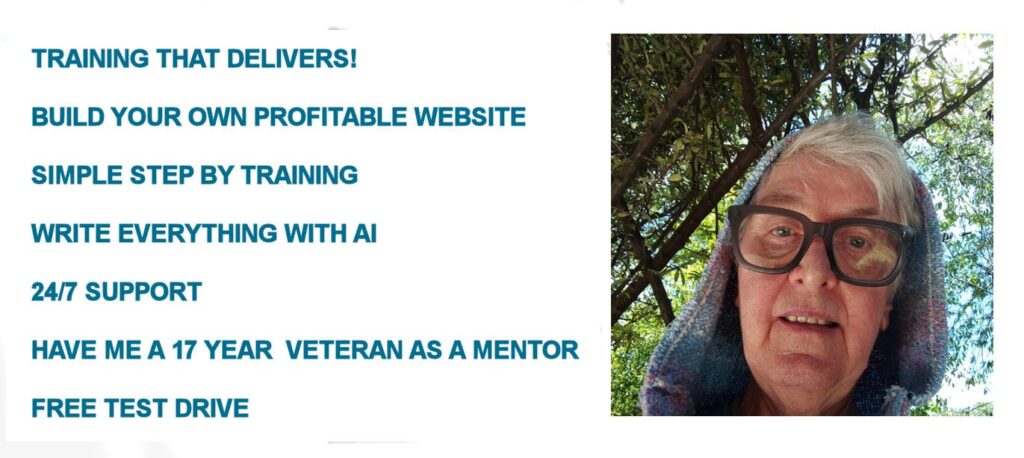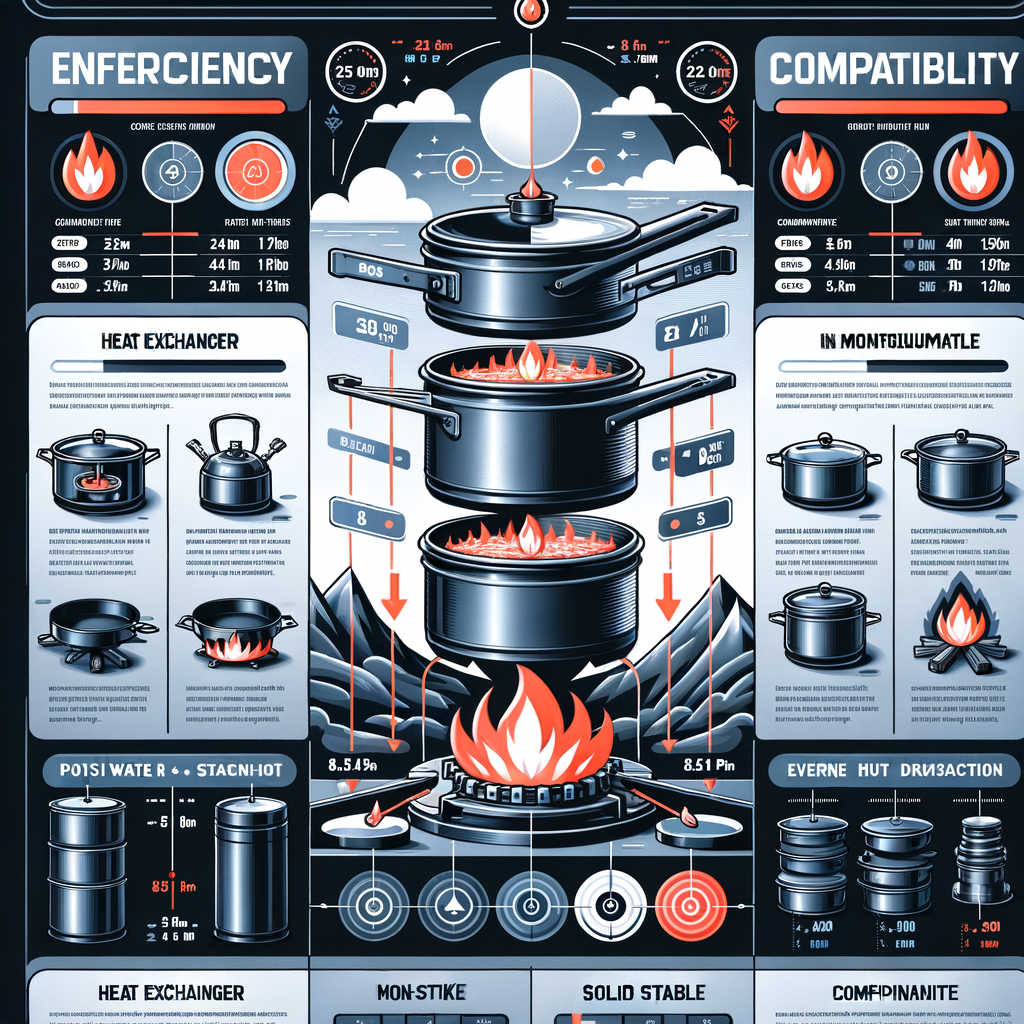Shopify Vs Wealthy Affiliate Which is Best.
Choosing the right online business platform can feel like searching for a needle in a digital haystack. With a seemingly endless array of options, it can be tough to pinpoint which will serve you best. Today, I want to guide you through the nuances of two giant contenders, Shopify vs Wealthy Affiliate, which is best for you. First of all you have to understand that neither platform is a one size fits all, there are pros and cons whichever one you choose. I am going to lat out a comprehensive honest review and it is up to you to decide which one is best for you and your level of experience.
Shopify Vs. Wealthy Affiliate Which Is Best?
Shopify, a giant in the e-commerce space, Shopify offers a comprehensive suite of tools to sell online. It’s well-known and trusted and provides a sleek runway for launching your virtual storefront. On the flip side, Wealthy Affiliate has carved a substantial niche in the affiliate marketing world, presenting a unique platform for training, hosting, and community support to build a profitable online presence without the need for inventory.
What Are Your Business Goals?
Your business goals are crucial in this decision. Are you looking to sell products directly and scale rapidly? Shopify might be your ticket. Or perhaps, forging a path through content creation and monetizing through referrals is more your speed – cue Wealthy Affiliate. Let’s explore these platforms in more detail to help pave the way for your online venture.

Shopify: An In-Depth Look
In my opinion Shopify is THE front-runner in the e-commerce space, and here’s why. Since its inception in 2006, Shopify has risen to be a powerhouse for entrepreneurs looking to sell goods online. It’s not just a platform; it operates as a partner in commerce, offering an extensive suite of services designed to help businesses thrive.
Shopify provides a user-friendly interface for building an online store. You don’t need to be tech-savvy to set up your shop. Quick store setup, customizable themes, and an extensive app store make it highly versatile. The platform’s reliability, with robust hosting solutions and 24/7 support, ensures your store is always running smoothly.
Whether you’re a budding ENTREPRENEUR or an established brand, Shopify has you covered. They offer solutions for online sales and physical products. Some of the key features include secure payment gateways, inventory management, and comprehensive analytics to track your success.
Most users rave about Shopify’s usability and the agility it brings to e-commerce ventures. It boasts numerous success stories, from entrepreneurs who’ve built thriving small businesses to large companies that leverage Shopify Plus for enterprise solutions. The diversity of success speaks to the platform’s flexibility and capability.
The numbers speak for themselves. Shopify powers over 1.7 million businesses across 175 countries. It’s a testament to its global reach and the trust it has garnered from users worldwide. What’s more, the Shopify community is a hub of active discussions where experts share insights and help each other.
“Through e-commerce, women have found a means to jump over cultural and traditional lack of available time for remunerated activities”.
Arancha Gonzalez
Wealthy Affiliate: A Comprehensive Overview
It is 17 years since I began my own digital empire with Wealthy Affiliate. My fiftieth birthday present to me was studying for an Open university degree in psychology. Unfortunately, you needed 360 points to get a B. Sc.in psychology and the compulsory parts added up to 300 points. I randomly chose marketing for my final 60 points. I didn’t know it then but that was a decision that would change my life. My tutors recommended a relatively new site called Wealthy Affiliate. I was worried that it might not be legit, but fortunately I was still deep in Academia, so I trusted my tutors.
Founded in 2005, by Kyle Loudon and Carson Lim, Wealthy Affiliate has carved out its place as a hub for budding and seasoned affiliate marketers alike. The core principle is education, a vibrant community which nurtures newbie and intermediate marketing skills. Of course, the million-dollar question remains (Every pun intended). How does this platform’s uniqueness translate into a usable and friendly business-building experience? That’s what we’ll explore in the next section, comparing the ease of use and user experience between Shopify and Wealthy Affiliate.
Ease of Use and User Experience
If you’re about to pick a platform to host your online business, the ease with which you can navigate the interface could be vital to your daily operations. Let’s consider Shopify first. Renowned for its simplicity, Shopify presents a user-friendly dashboard that accommodates business owners regardless of their technical proficiency. Setting up a store involves a guided tour, and routine tasks like adding products, creating discounts, and analyzing sales are straightforward.
In contrast, Wealthy Affiliate has a steep learning curve, especially for newcomers to affiliate marketing. However, once past the initial hurdle, users report an appreciation for the depth of functionality available. The platform offers a structured approach to building your business, with access to extensive training modules and tools that simplify the complexities of affiliate marketing.
The stark differences in primary focus of both platforms shape their usability. Shopify is geared towards product-oriented businesses looking to set up shop quickly, while Wealthkily Affiliate appeals to those willing to invest time into learning the ins and outs of affiliate marketing. Customer feedback tends to highlight Shopify’s quick setup but also Wealthy Affiliate’s rewarding educational ecosystem once users overcome initial challenges.
Strengths and Weaknesses of Shopify and Wealthy Affiliate Compared.
“`html| Wealthy Affiliate | Shopify |
|---|---|
Strengths
|
Strengths
|
Monetization Opportunities.

When I first started exploring online business platforms, monetization was at the top of my priorities. I needed to understand how each platform would enable me to generate revenue effectively. With Shopify, the primary draw is its robust support for e-commerce. Entrepreneurs have the tools at their fingertips to set up a store, manage inventory, and process payments seamlessly. Anyone with a product can turn their idea into an income stream. However, it is not an overnight process, you still need to drive traffic to a Shopify store.
In contrast, Wealthy Affiliate focuses predominantly on affiliate marketing. This platform provides extensive resources for users to learn how to monetize their websites through partnerships with other businesses. It guides users on how to leverage content creation to attract an audience and earn income through commission-based marketing. It does have advanced training on driving traffic and social media.
How Does Shopify generate revenue.
Revenue generation with Shopify is direct: sell products, get paid. It’s straightforward and efficient for physical or digital goods, and Shopify’s various apps and integrations open up even more revenue streams, such as dropshipping. Wealthy Affiliate, however, teaches users to earn indirectly by recommending products and earning a commission. The potential profitability with both platforms varies greatly depending on the business model, marketing strategies, and the commitment of the individual entrepreneur.
All of the Plans For Wealthy Affiliate updated 4th July 2024 to reflect new Changes.
Whatever Pricing Plan You want to Choose, choose a free plan first. The object of the free starter plan is to allow to run a test drive and create a free website, just to see if this training is for you.
STARTER PLAN
$0.00
You can remain a starter forever.
Premium PLAN
$41.42
Annual Savings Available
Premium PLUS PLAN
$58.08
Annual Savings Available
ACCELERATOR PLAN
$300.
Annual Savings Available
Shopify’s Five Tier Price Structure.
The same strategy should apply to the Shopify account creation a it does to Wealthy Affiliate shoose the free option to try it out.
STARTER PLAN
$5.00
BASIC PLAN
$39.00
sHOPIFY pLAN
$105.00
Advanced sHOPIFY pLAN
$399.00
CUSTOM sHOPIFY pLAN
$2000.00
Starts at this figure
Let’s Get Back to What Your Business Objectives Are
Weighing the benefits of each platform’s monetization options is crucial. Ask yourself, do you have a business idea that requires inventory and shipping? Shopify is a strong contender. Or, do you have expertise in a niche that you can share with others? Wealthy Affiliate might offer the teaching and tools you’d benefit from. The key is to ALIGN your business goals with the platform that will serve those goals best.
Overall only you can decide, but as a rough guide if you just want a platform to sell then go for Shopify. If you want the best affiliate training then go for Wealthy Affiliate.
“Don’t Find Customers For Your Product, Find Products for Your Customers”.
sETH gODIN
Support and Community Resources
Support and community resources are the lifeblood of any platform you choose to build your online business on. They determine not only the level of help you can expect when confronted with challenges but also the growth opportunities made available through shared knowledge and networking.
For Shopify users, the platform offers an extensive customer service toolbox, including 24/7 support via email, chat, and phone. Additionally, Shopify has a vast knowledge base with articles, guides, and tutorials that can answer many of your questions. The Shopify community forums are also a hotspot for engaging with other entrepreneurs for tips and feedback.
On the other hand, Wealthy Affiliate boasts its strength in community and mentorship. With access to a considerable number of fellow marketers and industry experts, Wealthy Affiliate facilitates a nurturing environment where members share strategies and encouragement. Interactive coaching sessions and community discussions contribute to a collegial atmosphere that could be especially beneficial for beginners in affiliate marketing.
It’s critical to weigh the value of these resources. While Shopify empowers you through comprehensive support, Wealthy Affiliate builds a sense of community that encourages learning through collaboration. Your preference here will likely hinge on whether you value self-service resources or interactive, community-based learning.

In Conclusion, Shopify Vs Wealthy Affiliate Which is Best.
I have tried both platforms and they are both the stand out stellar programs in the game. As i said before it is very difficult to come out and choose one. It depends on your business goals. If you want an overall affiliate marketing experience then Wealthy Affiliate is definitely the choice for you. However if you have products and are already making a profit then I would say you justify paying the price for a Shopify store, because you can already afford the monthly cost and the fees. If you are just want to sell your books or digital products then I would still say Wealthy Affiliate is best, because it is easier to rank a WP site.












